News
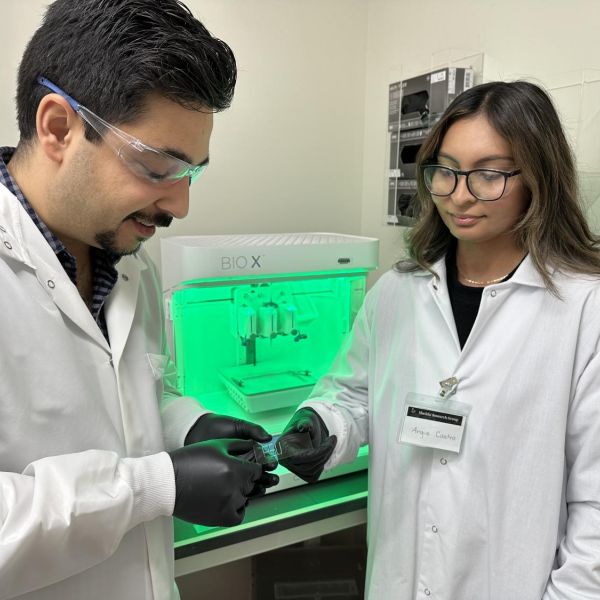
Nov 08, 2023
NIH diversity grant to fund student’s 3D bioprinting research
Angie Castro will be supported by an NIH grant for her work on 3D printing granular scaffolds for tissue engineering and regeneration to meet precise medical needs.
Full Article

Nov 06, 2023
Collaborative landscape design approach may improve resiliency, human well-being
A newly proposed landscape stewardship framework may lead to a more resilient and adaptable environment and improved quality of life for people.
Full Article
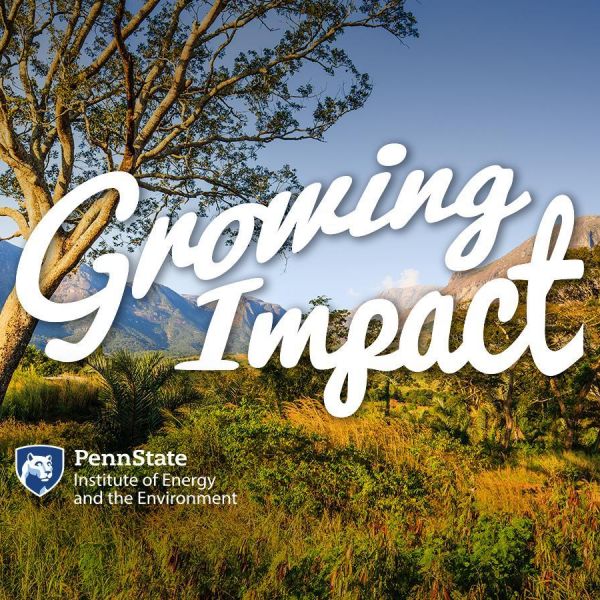
Nov 02, 2023
'Growing Impact' examines landscape restoration in Malawi
The latest episode of "Growing Impact" discusses landscape restoration as a potential natural climate solution for Africa.
Full Article
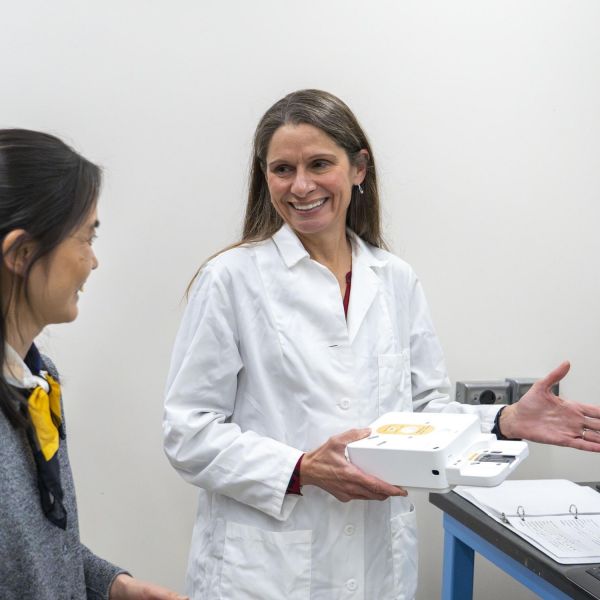
Oct 30, 2023
Genomics Research Incubator expands assay and training options for scientists
The Genomics Core Facility technology allows researchers to process genetic material much quicker and in larger quantities, producing more detailed data for more in-depth analyzes.
Full Article
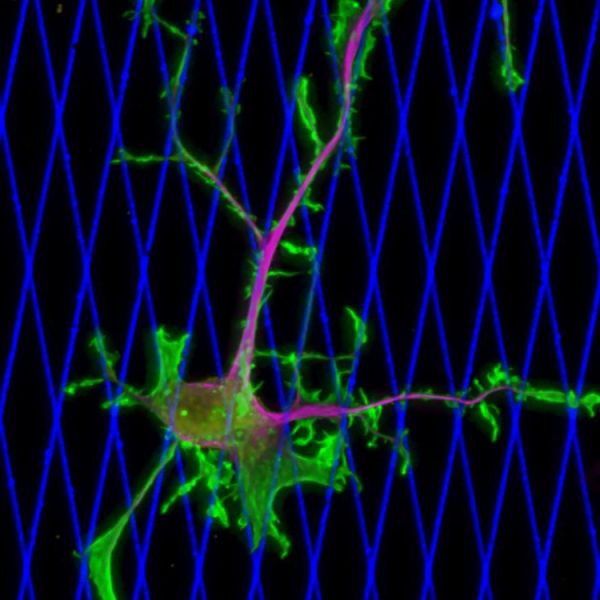
Oct 27, 2023
Mechanics of breast cancer metastasis discovered, offering target for treatment
New research led by Penn State reveals for the first time the mechanics behind how breast cancer cells may invade healthy tissues recently published in the journal Advanced Science.
Full Article
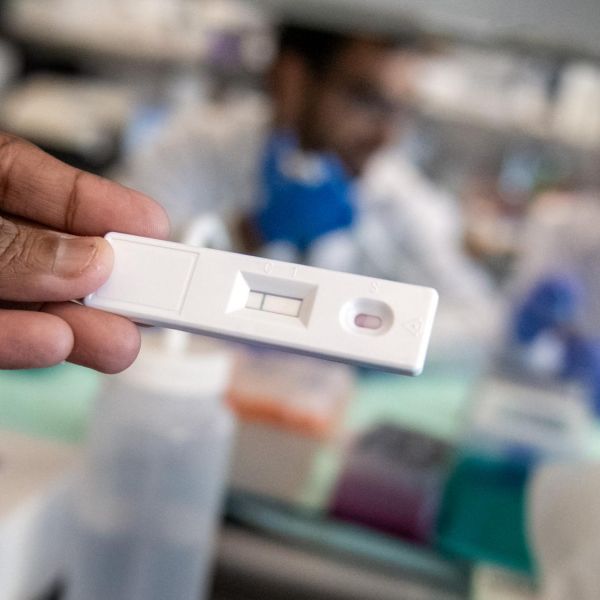
Oct 25, 2023
First rapid tests for chlamydia, gonorrhea exhibit 100% sensitivity
Chlamydia and gonorrhea disease currently has a clinically available rapid test, but that could change thanks to a Penn State-led research team. This could be used for a variety of infections.
Full Article
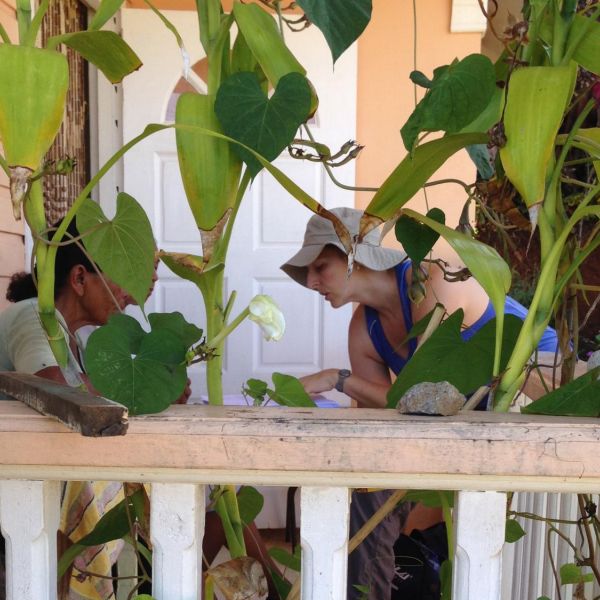
Oct 25, 2023
Deciphering the genetic link between skin tone and ancestral origins
A team of Penn State geneticists is pursuing the answers to an age-old question of human biology: the genetic origin of fundamental variations in skin pigmentation between people of different ethnicities.
Full Article

Oct 24, 2023
Biochemist selected as Innovation Fund investigator by Pew Charitable Trusts
Katsuhiko Murakami, professor of biochemistry and molecular biology at Penn State, has been selected as a member of the 2023 class of Innovation Fund investigators by the Pew Charitable Trusts.
Full Article
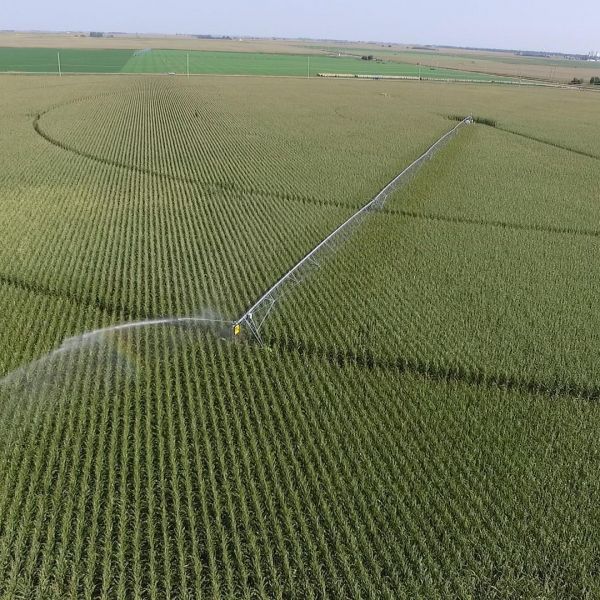
Oct 24, 2023
Predicting nationwide crop water availability by understanding soil influences
A USDA grant will fund Penn State researchers to incorporate satellite, sensor and soil core data into predictive models of nationwide crop water availability
Full Article
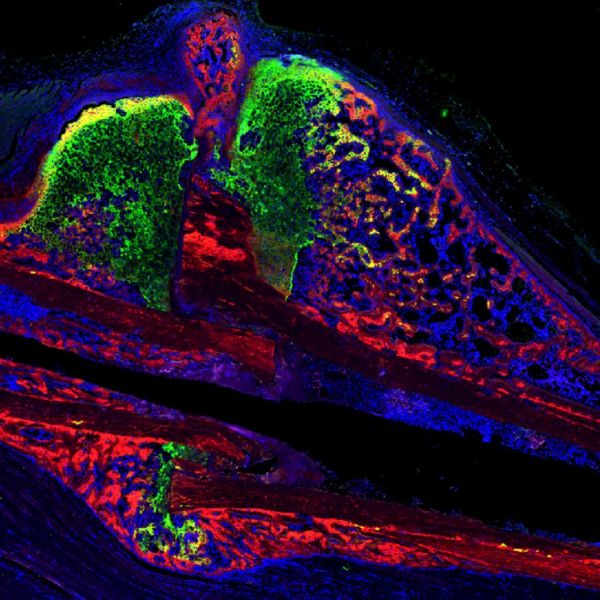
Oct 24, 2023
CBD and CBG may promote bone fracture healing, manage pain
Cannabidiol (CBD) and cannabigerol (CBG) might someday help bone fracture patients manage their pain, according to a Penn State study.
Full Article